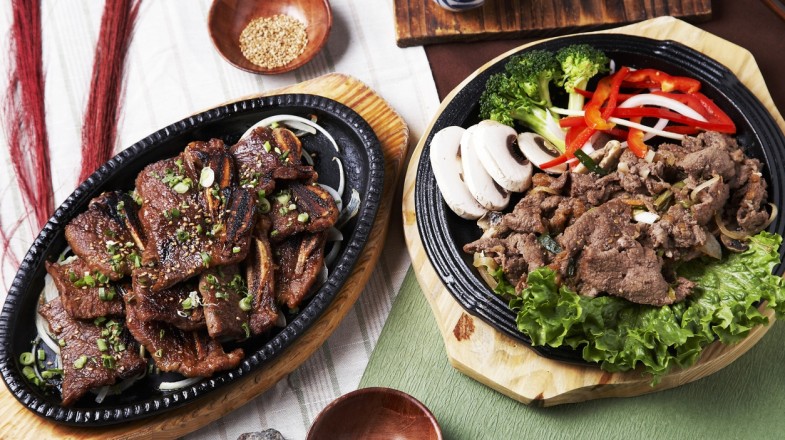Introduction to South Korean Cuisine
South Korean cuisine is a unique blend of flavors and ingredients, influenced by the country’s geography, climate, and history. Korean food is known for its bold and spicy flavors, often accompanied by a variety of side dishes, or banchan. Rice, noodles, vegetables, and meats are staples in Korean cooking, and the cuisine is also known for its use of fermented foods, such as kimchi.
Overview of Korean Dietary Restrictions
South Korean cuisine is generally considered to be healthy, with a focus on fresh ingredients and balanced meals. However, there are some dietary restrictions and considerations to be aware of. These can vary depending on personal preferences, religious beliefs, and health conditions. For example, some people may avoid certain types of meat, such as pork or beef, due to religious or cultural beliefs. Additionally, some people may avoid gluten or dairy products due to dietary restrictions or allergies.
Ingredients to Avoid in Korean Cooking
There are a few ingredients that may be restricted in Korean cooking, particularly for those following certain religious or cultural beliefs. Pork is generally avoided by Muslims and some Jewish communities, and beef may be avoided by some Hindus. Alcohol is also a common ingredient in Korean cooking, but it may be avoided by those who do not consume alcohol for religious or personal reasons.
Common Dietary Considerations in Korea
In recent years, there has been a growing interest in health and wellness in South Korea. As a result, there are a few dietary considerations that are becoming more common in Korean cuisine. For example, there is a focus on reducing sugar consumption, and many Korean restaurants now offer low-sugar or sugar-free options. Vegetarian and vegan options are also becoming more widely available, as more people adopt plant-based diets.
Unique Features of South Korean Cuisine
One unique feature of South Korean cuisine is the use of fermented foods. Kimchi, a spicy and tangy fermented cabbage dish, is a staple in Korean cuisine and is often served as a side dish. Other fermented foods, such as soybean paste and fermented fish, are also commonly used in Korean cooking. Another unique feature of Korean cuisine is the emphasis on balance and harmony. Meals are often designed to include a variety of flavors, textures, and colors, creating a balanced and visually appealing dish.
Conclusion: Navigating Korean Food Restrictions
While there are some dietary restrictions and considerations to be aware of in South Korean cuisine, there are also many delicious and healthy options available. Whether you are avoiding certain ingredients for religious or personal reasons, or simply looking for healthier options, there are many ways to navigate Korean food restrictions. With its unique blend of flavors, textures, and colors, South Korean cuisine offers something for everyone to enjoy.

